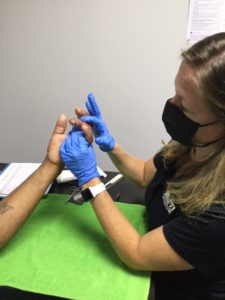What is a FOOSH injury (and how can Elite help)?
FOOSH injuries are some of the most common, but few people know what they are. FOOSH is an acronym for a “fall onto an outstretched hand.” The Physical Therapy and Hand Therapy team at Elite Sports Performance & Physical Therapy in Stoughton and Foxboro see quite a few of these injuries, and today we’ll take a closer look at the causes and types of FOOSH injuries and how Elite can help!
Causes of FOOSH Injury
Causes of a FOOSH injury can include a sports injury, slip on ice, a trip on an uneven surface, or a simple loss of balance. There are a wide variety of potential injuries associated with this type of fall. A FOOSH most commonly causes injury to the wrist, but injury to the hand, forearm, elbow and/or shoulder can also occur.
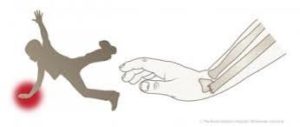
Different Types of FOOSH Injuries
The fracture pattern seen in adults and children after a FOOSH injury is unique because of the difference in bone structure. While children’s bones are growing, it makes them susceptible to injuries that wouldn’t happen in adults with mature bones. Kids’ bones are relatively soft and malleable, which allows the bones to bow and bend before they break. This common fracture pattern is called a torus fracture, or buckle fracture. The impact of the FOOSH compresses the outer layer of the forearm bone (radius) on one side, causing the other side to bend away from the growth plate.
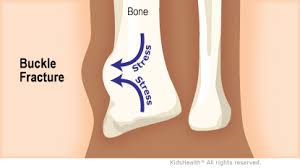
Children and adolescents have open growth plates which are areas where bone growth is occurring. Growth plates are usually toward the end of long bones. Growth plates are not as dense as mature bone and are susceptible to injury. Salter-Harris injuries are injuries to the growth plate and there are 5 types based on the fracture pattern and severity. It is very common for children to FOOSH and have an injury to the growth plate at the end of the radius bone at the wrist.
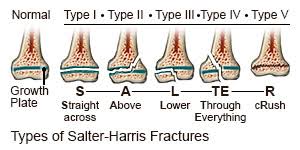
Distal radius fractures in children and adolescents are frequently the result of high energy falls on the playground, falling off a bicycle, or sports activities. In the older population they are often the result of low energy falls from a standing position.
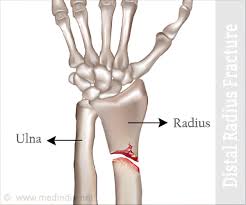
Wrist sprains can also be the result of a FOOSH injury. When this occurs, the injury is to the ligaments that hold the bones together at the wrist. Some sprains can be minor, while some are more significant with complete disruption of the ligaments which leads to instability of the joint.
The scaphoid is a small bone located near the base of the thumb . Portions of the scaphoid bone have a limited blood supply making this fracture a little more difficult to treat. Not all scaphoid fractures are apparent on x-ray initially and x-rays may be repeated 7-10 days later.
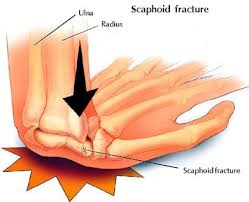
The most common injury to the elbow in both adults and children is a radial head fracture. Another common elbow injury in children is a supracondylar fracture, a fracture of the humerus (upper arm bone) just above the elbow joint. Shoulder injuries can also occur as a result of a FOOSH, including clavicle fractures, shoulder dislocations, and rotator cuff strains.
How Elite Can Help
Hand Therapy can be extremely beneficial treatment following any injury resulting from a FOOSH. A qualified and skilled Certified Hand Therapist (CHT) can help patients regain their strength, range of motion, and function and can provide custom splinting when necessary. Hand Therapy can often speed recovery and allow a faster return to all daily activities including work and sport activities. Jessica Cesario, OT/L, CHT, is a licensed Occupational Therapist and Certified Hand Therapist with years of experience treating and rehabilitating these types of injuries. If you or a loved one have suffered a FOOSH injury and are in need of expert hand therapy, contact Elite at 781-436-0391 or email us at info@elitesportsandpt.com to schedule an evaluation today.
